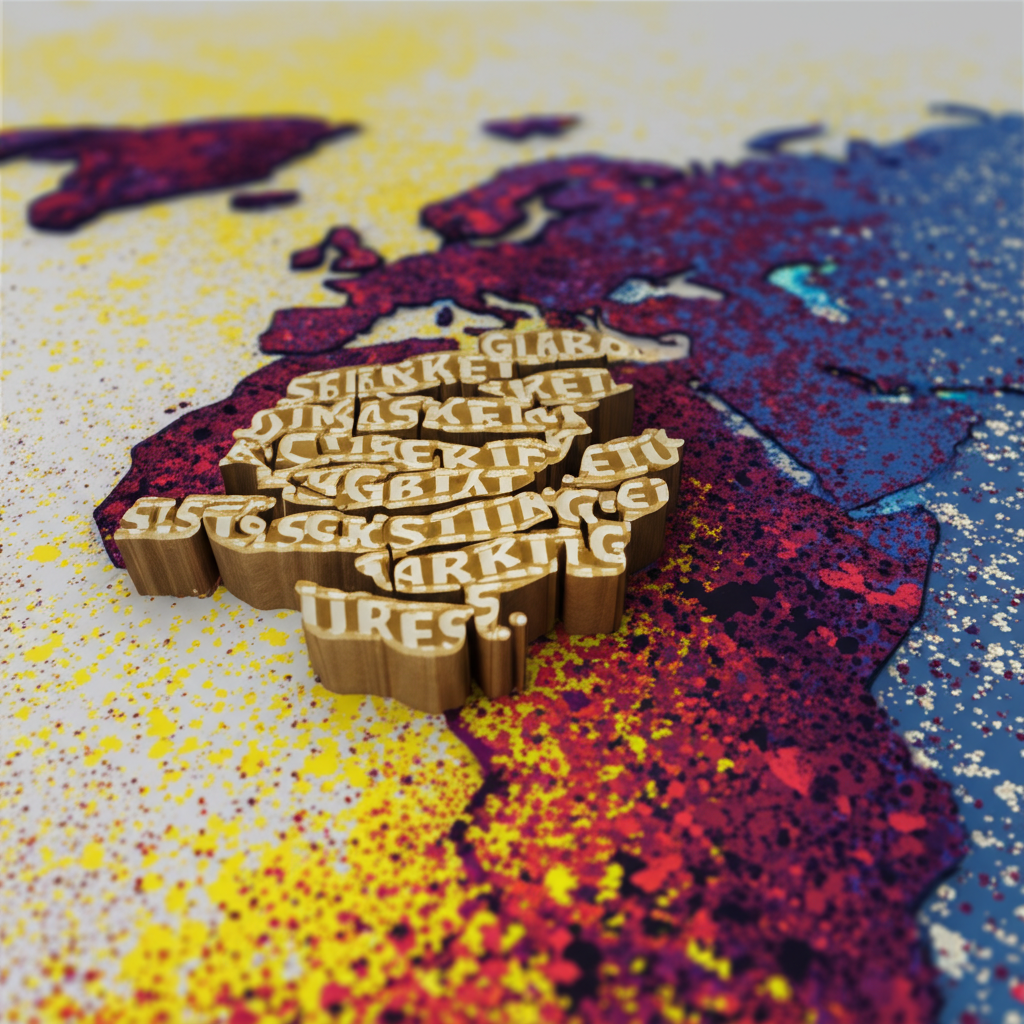Key Takeaways:
- Massive Surge: The Dow Jones jumped over 2,600 points, marking one of its best days in decades.
- Trump’s Pause: President Trump authorized a 90-day pause on tariffs for countries negotiating trade deals.
- China Tariffs Rise: Despite the pause, tariffs on Chinese imports are increasing to 125%.
- Market Volatility: Financial markets remain highly sensitive to trade war news.
- Treasury Yields: Rising Treasury yields add pressure to the stock market and push up loan rates.
From Rollercoaster to Rocket Ship: Stocks Explode!
Wall Street has been on a serious rollercoaster lately, with markets swinging wildly on every tariff tweet and trade war headline. But on Wednesday, something extraordinary happened. U.S. stocks didn’t just climb; they soared. The S&P 500 shot up by a whopping 8% in afternoon trading, heading towards one of its best performances in years. What sparked this sudden surge? The market finally got the news it had been desperately waiting for.
Trump Hits the Brakes (Sort Of)
President Trump, facing increasing pressure from a wobbly global market, announced a 90-day pause on tariffs for most nations actively negotiating trade agreements. In a social media post that sent investors into a frenzy, Trump acknowledged the cooperation of over 75 countries that hadn’t retaliated against his previous tariff hikes. Treasury Secretary Scott Bessent clarified that the ‘reciprocal’ tariffs would be paused, but the existing 10% tariff on most global imports would remain in place.
China Feels the Heat: Tariffs Go Up!
But here’s the twist in the tale: while Trump is easing up on some fronts, he’s cranking up the pressure on China. Tariffs on Chinese goods are set to rise to a staggering 125%. This move comes as China continues to retaliate with its own tariffs and countermeasures. The Chinese Ministry of Commerce has warned that it’s ready to fight to the end if the U.S. insists on escalating trade restrictions.
Why This Matters to You
So, what does all this mean for the average Joe or Jane? Well, the trade war isn’t just a game played by politicians and Wall Street fat cats. It directly affects the prices you pay for everything from electronics to clothing. Higher tariffs mean higher costs for businesses, which often get passed on to consumers. Plus, the uncertainty surrounding the trade war can spook businesses, leading to reduced investment and slower economic growth.
The Ripple Effect: Treasury Yields and Global Markets
The impact of the trade war extends far beyond the stock market. Rising Treasury yields, for example, can put pressure on the housing market by pushing up mortgage rates. They can also make it more expensive for businesses to borrow money, potentially slowing down economic expansion. Globally, markets have been jittery, with indexes in Europe and Asia taking a hit. However, Chinese stocks bucked the trend, rising slightly in Hong Kong and Shanghai.
What’s Next? Buckle Up!
The truth is, nobody knows for sure what the future holds. The trade war remains a fluid and unpredictable situation. One thing is certain: volatility is here to stay. So, if you’re an investor, be prepared for more ups and downs. And if you’re just trying to make ends meet, keep a close eye on those prices and hope for a swift resolution to this global economic tug-of-war.
Beyond the Headlines: Unseen Consequences
While the headlines scream about surging stocks and tariff pauses, the underlying impact of the trade war is more complex. Companies are rethinking supply chains, shifting production to different countries, and grappling with increased costs. Consumers may start to see changes in product availability as businesses adapt to the new landscape. The long-term effects on global trade and economic relationships could be profound.
Expert Opinions: What the Analysts Are Saying
Analysts are divided on whether Trump’s tariff pause signals a genuine shift in policy or just a temporary reprieve. Some believe it’s a sign that the U.S. is finally recognizing the damage the trade war is inflicting on the global economy. Others remain skeptical, arguing that Trump is simply using the pause as a negotiating tactic. Regardless of the motivation, most agree that the situation remains highly uncertain and that further volatility is likely.
Did You Know? Fun Facts About Tariffs
- The word “tariff” comes from the Arabic word “ta’rif,” meaning “notification” or “information.”
- The Smoot-Hawley Tariff Act of 1930, which raised tariffs on thousands of imported goods, is widely considered to have worsened the Great Depression.
- Some countries use tariffs as a tool to protect infant industries, giving them a chance to grow and compete with established foreign companies.





